Fifth chapter of the “Islamophobia in Spain. National Report 2015”, developed by the Islamic Culture Foundation. In this article, we analyze the different aspects that reflect the existence of Islamophobia in the Spanish justice system and the way this affects the Muslim population living in the country. (Click here to read the previous chapters)
Islamophobia and the Justice System is one of the most complicated issues to tackle, as there has always been a fine line between security and human and citizen rights. This line might become even thinner when talking about Muslim rights and jihadist terrorism, especially in the current atmosphere of tensions in which we find ourselves at. The judicial scene has experienced two main additions this year. First of all, the signing of an antiterrorist pact by the two main political parties in January (PP and PSOE), with the addition of eight more political parties after the attacks in Paris in November 13 This pact had the singularity of being aimed towards fighting jihadist terrorism (as opposed to fighting the ancient Spanish terrorist organization ETA). Despite including among its 8 points, the goal of fighting “any kind of racism, xenophobia or discrimination”, this pact takes the risk of transforming the notion of “radicalization” into a new label with which to contribute to the identification of Muslims as the other, and to justify the mistrust surrounding them.
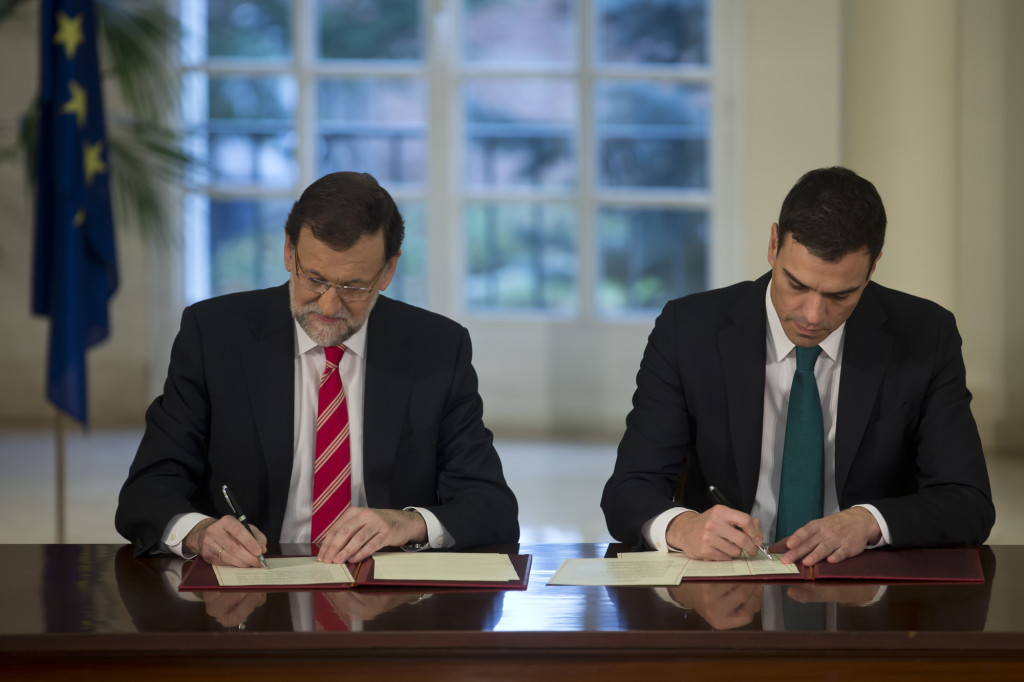
Mariano Rajoy (President of Spain9 and Pedro Sánchez (leader of the political party PSOE) sign the Antiterrorist Pact.
The second new legal measure adopted is the approval of the Law of Citizen Security (commonly known as the Gag rule), which has raised many tensions among both the opposition parties and the Spanish population. This law, although not directly oriented towards Muslims, includes a severe restriction of rights, in addition to aspects which pose a direct problem to the Muslim population, as points out the anthropologist scholar Alberto López Bargados, referring to the prohibition of covering your head during public demonstrations. It is important to point out, as well, with regards to immigration, that the Popular parliamentary group, currently leading the country, decided to add an amendment to the Law of citizen security in order to give legal coverage to the illegal, “on the spot” deportation of immigrants to the Moroccan territory, to be applied to those who have entered illegally to Ceuta and Melilla. This amendment was finally approved by the Congress of deputies on March 26, 2015, with the opposition of social organizations and the condemnation of the Council of Europe.
The antiterrorist pact takes the risk of transforming the notion of “radicalization” into a new label with which to contribute to the identification of Muslims as the other, and to justify the mistrust surrounding them.
At an anecdotal level, but exemplifying the idea we just expressed, on January 15th, 2015 the Provincial Brigade of Information of Seville sent a document to its members with recommendations about how to act when facing an Arab-related threat. This report recommended to identify all Arabs recording videos in non-touristic places, those in possession of more than 1,000 Euros in cash or those using a laptop inside a vehicle, as they are “probably cracking the Wi‑Fi network to leave no traces of their IP address”. Although the Police Headquarters invalidated the report shortly afterwards, we consider it to be a sign of how the restriction of civil liberties and the atmosphere of mistrust created can affect the Muslim community.
Finally, as a response to the increase of terrorism and the fear experienced by all European countries, the Spanish government has launched the platform “Stop radicalismos” (Stop radicalisms), which puts at the disposal of all citizens a telephone number, a website and an email through which they can report any person that they think is radicalizing. This application, that says to target all type of forms of radicalization but has only been published in Spanish and Arabic, has found the opposition of the Muslim community. As Amparo Sánchez Rossell, president of the Citizen Platform against Islamophobia, points out, this tool, which refers not to terrorism, but to the subjective reality of the term ‘radical’, violates the citizen’s fundamental rights, and generates juridical insecurity and defenselessness, as the reporter doesn’t have to identify himself, so he is not held accountable for his accusations, in addition to failing to respect the presumption of innocence.
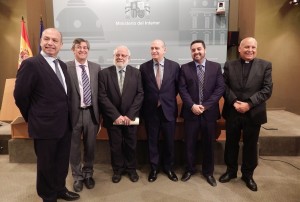 It is worth noting here also the tension existing between the Islamic Commission of Spain (CIE, by his Spanish acronym) and the Spanish government with regard to the Commission’s legal structure. This Commission, an amalgam of different Muslim associations, is managed through a dual leadership, represented by two groups of associations: the Spanish Federation of Religious Entities (FEERI, in Spanish) and the Union of Islamic Communities of Spain (UCIDE, in Spanish). This dual leadership has translated in inner tensions both among the Muslim congregation and with the central authorities, including the signing of new articles of association in 2012, only partially recognized and blocked by the Ministry of Justice. On July, 2015 this Ministry decided to promote a draft Royal Decree that would modify the CIE’s structure unilaterally. Although this Royal Decree has not finally been passed, it has sparked protests accusing the government of interventionism, of trying to divide the Muslim community and of discrimination.
It is worth noting here also the tension existing between the Islamic Commission of Spain (CIE, by his Spanish acronym) and the Spanish government with regard to the Commission’s legal structure. This Commission, an amalgam of different Muslim associations, is managed through a dual leadership, represented by two groups of associations: the Spanish Federation of Religious Entities (FEERI, in Spanish) and the Union of Islamic Communities of Spain (UCIDE, in Spanish). This dual leadership has translated in inner tensions both among the Muslim congregation and with the central authorities, including the signing of new articles of association in 2012, only partially recognized and blocked by the Ministry of Justice. On July, 2015 this Ministry decided to promote a draft Royal Decree that would modify the CIE’s structure unilaterally. Although this Royal Decree has not finally been passed, it has sparked protests accusing the government of interventionism, of trying to divide the Muslim community and of discrimination.

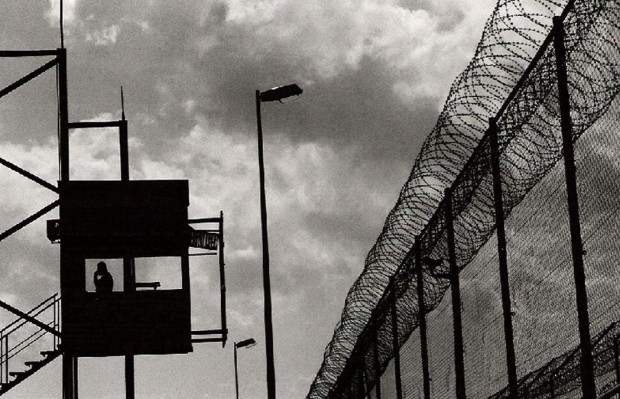
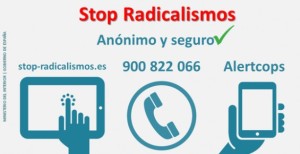

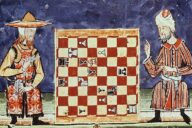
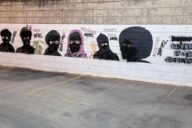










No Comments